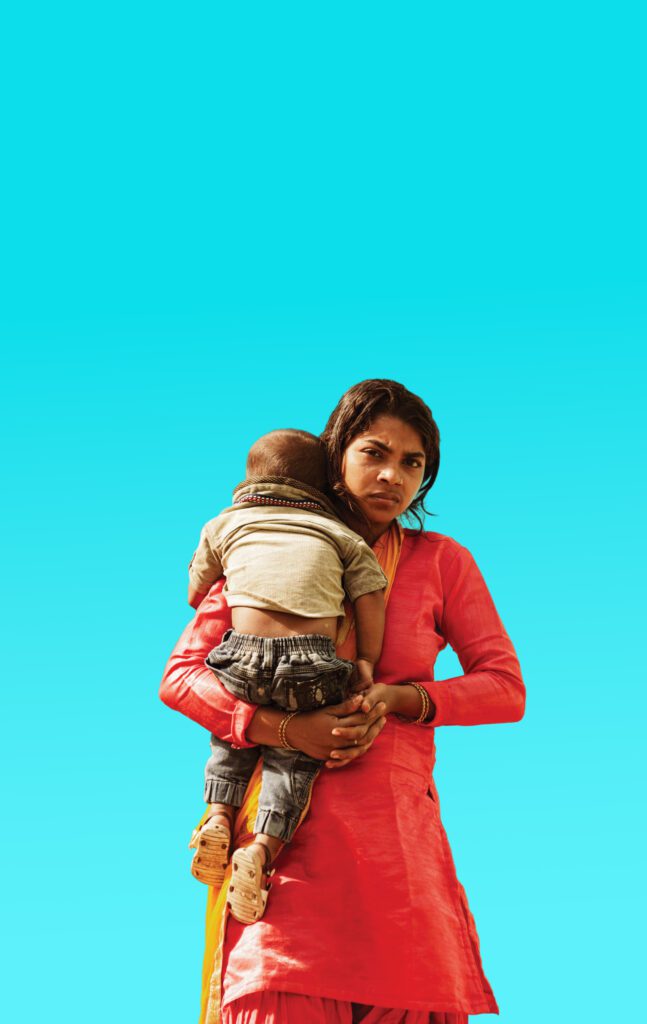
During President Obama’s first term Don Berwick was the Acting Administrator of The Centers for Medicare and Medicaid Services. I got to know him through Share Our Strength supporter (and former president of Wellesley College) Diana Chapman Walsh. Earlier this year Don gave the commencement address at Harvard Medical School. It’s one of the most powerful statements I’ve read about the need for all of us to be a voice for the voiceless, and about the connection between poverty and other national priorities.
The entire speech can be found @ http://thomas.loc.gov/cgi-bin/query/z?r112:E17JY2-0020:/ I’ve excerpted portions below. As we advance our strategy of “broadening the base”, and helping others see how poverty is tied to issues like health care, education and economic growth, Berwick’s remarks to young doctors are an eloquent reminder.
Isaiah, my patient. Cured of leukemia. Killed by hopelessness.
I bring Isaiah today as my witness to two duties; you have both. It’s where your compass points.
First, you will cure his leukemia. You will bring the benefits of biomedical science to him, no less than to anyone else. You are a physician, and you have a compass, and it points true north to what the patient needs. You will put the patient first.
But that is not enough. Isaiah’s life and death testify to a further duty, one more subtle–but no less important. It is to cure, not only the killer leukemia; it is to cure the killer injustice.
In our nation–in our great and wealthy nation–the wages of poverty are enormous. The proportion of our people living below the official poverty line has grown from its low point of 11% in 1973 to more than 15% today; among children, it is 22%–16.4 million; among black Americans, it is 27%. In 2010, more than 46 million Americans were living in poverty; 20 million, in extreme poverty–incomes below $11 000 per year for a family of four. One million American children are homeless. More people are poor in the United States today than at any other time in our nation’s history; 1.5 million American households, with 2.8 million children, live here on less than $2 per person per day. And 50 million more Americans live between the poverty line and just 50% above it–the near-poor…
Let me be clear: the will to eradicate poverty in the United States is wavering–it is in serious jeopardy.
In the great entrance hall of the building where I worked at CMS–the Hubert Humphrey Building, headquarters of the Department of Health and Human Services–are chiseled in massive letters the words of the late Senator Humphrey: “The moral test of government is how it treats people in the dawn of life, the children, in the twilight of life, the aged, and in the shadows of life, the sick, the needy, and the handicapped.”
This is also, I believe, the moral test of professions. Those among us in the shadows–they do not speak, not loudly. They do not often vote. They do not contribute to political campaigns or PACs. They employ no lobbyists. They write no op-eds. We pass by their coin cups outstretched, as if invisible, on the corner as we head for Starbucks; and Congress may pass them by too, because they don’t vote, and, hey, campaigns cost money. And if those in power do not choose of their own free will to speak for them, the silence descends.
Isaiah was born into the shadows of life. Leukemia could not overtake him, but the shadows could, and they did.
I am not sure when the moral test was put on hold; when it became negotiable; when our nation in its political discourse decided that it was uncool to make its ethics explicit and its moral commitments clear–to the people in the dawn, the twilight, and the shadows. But those commitments have never in my lifetime been both so vulnerable and so important.
Leaders are not leaders who permit pragmatics to quench purpose. Your purpose is to heal, and what needs to be healed is more than Isaiah’s bone marrow; it is our moral marrow–that of a nation founded on our common humanity.
If Isaiah needs a bone marrow transplant, then, by the oath you swear, you will get it for him. But Isaiah needs more. He needs the compassion of a nation, the generosity of a commonwealth. He needs justice. He needs a nation to recall that, no matter what the polls say, and no matter what happens to be temporarily convenient at a time of political combat and economic stress, that the moral test transcends convenience. Isaiah, in his legions, needs those in power–you–to say to others in power that a nation that fails to attend to the needs of those less fortunate among us risks its soul. That is your duty too.
This is my message from Isaiah’s life and from his death. Be worried, but do not for one moment be confused. You are healers, every one, healers ashamed of miseries you did not cause. And your voice–every one–can be loud, and forceful, and confident, and your voice will be trusted. In his honor–in Isaiah’s honor–please, use it.


